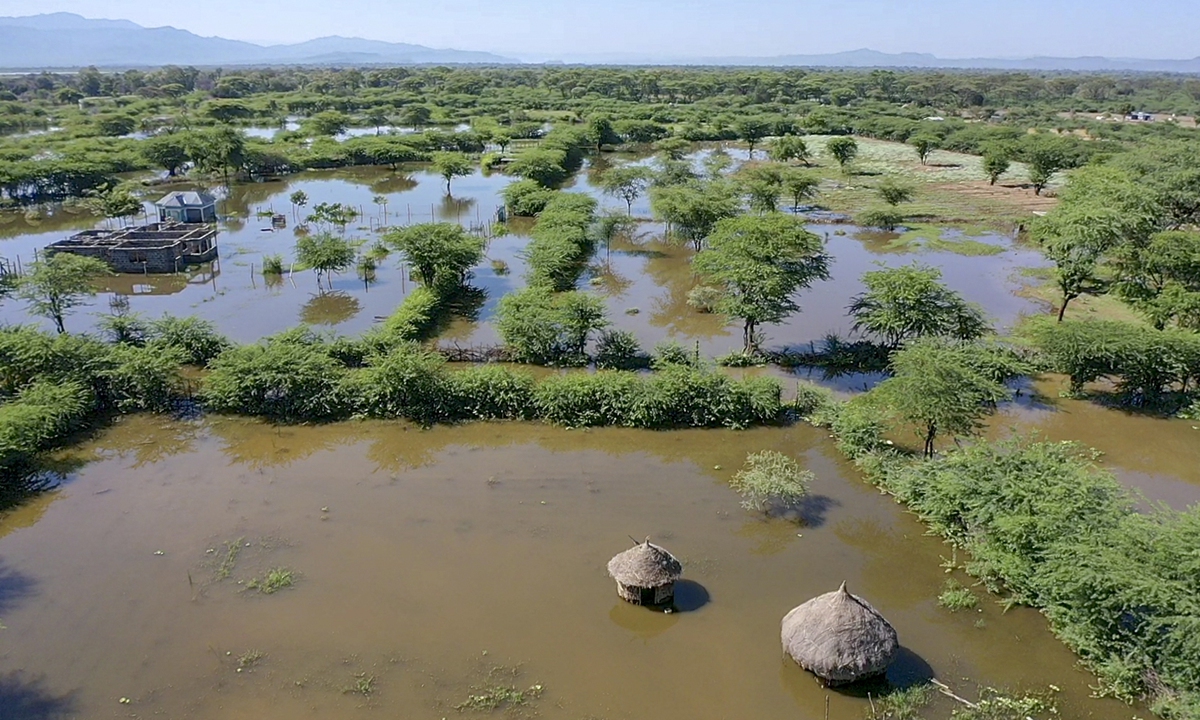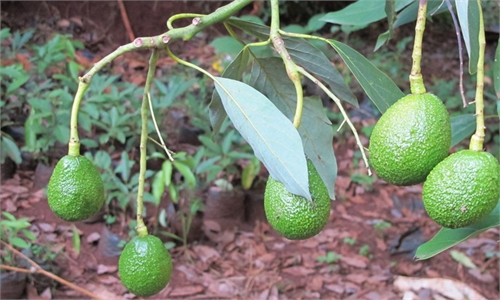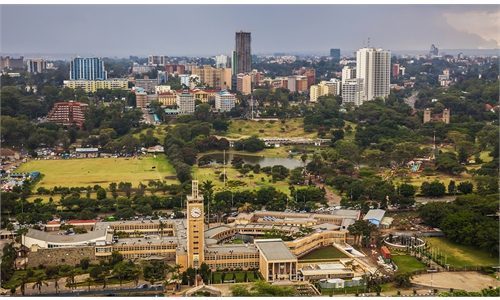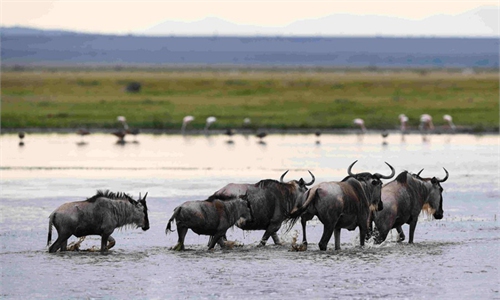Climate to ravage Kenya’s tea production: charity group
Climate to ravage Kenya's tea production
Climate change is set to devastate Kenya's tea production as the world's largest exporter faces rising temperatures, erratic rainfall and insect infestations, according to analysis released on Monday.

A report from the charity Christian Aid outlined the various threats Kenya faces to its key black tea crop, as well as the dangers that other countries are likely to encounter as the planet continues to warm.
Citing a peer-reviewed study, the report said that the quadruple threat of rising temperatures, erratic rainfall, droughts and new insect infestations are forecast to destroy 26.2 percent of the country's optimal tea growing areas by 2050. And climate change is expected to reduce the areas with medium quality growing conditions by nearly 40 percent in the same time frame. "For generations we have carefully cultivated our tea farms and we are proud that the tea that we grow here is the best in the world," said Richard Koskei, a tea farmer from Kenya's western highlands.
"But climate change poses a real threat to us. We cannot predict seasons anymore, temperatures are rising, and rainfall is more erratic."
Karimi Kinoti, head of Christian Aid's Africa division, said tea was just another example of how people living in countries least responsible for the climate crisis are bearing the heaviest burden.
"Africans make up 17 percent of the world's population but we generate just 4 percent of the greenhouse gas emissions that have caused the climate crisis," she said.
"And yet it is we who are suffering the brunt of the impacts of climate change."
The report warned that the livelihoods of more than 3 million people in Kenya's tea industry would come under threat in the next two decades.
Mohamed Adow, director of the Power Shift Africa climate and energy think tank, said the COP26 negotiations presented a vital opportunity for richer nations to provide proper support.

By the end of 2020, one of Kenya's wettest years on record Photo: VCG
Tea is the world's most consumed drink after water and disruption in supply from the east African nation is predicted to have a global impact.A report from the charity Christian Aid outlined the various threats Kenya faces to its key black tea crop, as well as the dangers that other countries are likely to encounter as the planet continues to warm.
Citing a peer-reviewed study, the report said that the quadruple threat of rising temperatures, erratic rainfall, droughts and new insect infestations are forecast to destroy 26.2 percent of the country's optimal tea growing areas by 2050. And climate change is expected to reduce the areas with medium quality growing conditions by nearly 40 percent in the same time frame. "For generations we have carefully cultivated our tea farms and we are proud that the tea that we grow here is the best in the world," said Richard Koskei, a tea farmer from Kenya's western highlands.
"But climate change poses a real threat to us. We cannot predict seasons anymore, temperatures are rising, and rainfall is more erratic."
Karimi Kinoti, head of Christian Aid's Africa division, said tea was just another example of how people living in countries least responsible for the climate crisis are bearing the heaviest burden.
"Africans make up 17 percent of the world's population but we generate just 4 percent of the greenhouse gas emissions that have caused the climate crisis," she said.
"And yet it is we who are suffering the brunt of the impacts of climate change."
The report warned that the livelihoods of more than 3 million people in Kenya's tea industry would come under threat in the next two decades.
Mohamed Adow, director of the Power Shift Africa climate and energy think tank, said the COP26 negotiations presented a vital opportunity for richer nations to provide proper support.



